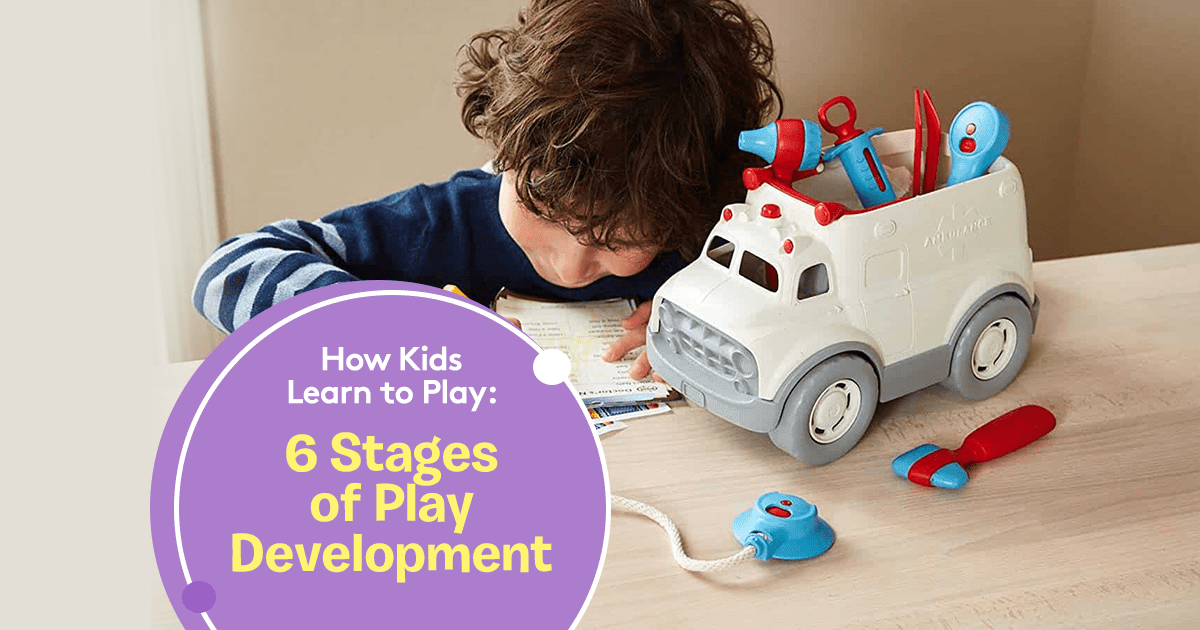
Play is more than just a fun activity. Whether structured or unstructured, it's a way for kids to learn new skills they will carry through and develop themselves as they grow older. This is why even play has stages of development, and we're here to discuss them so you can monitor the progress your child is making by learning through play.
Making movements with their arms, legs, hands, feet, this stage is a time for babies to start discovering their body and how it moves. At this stage, they are able to satisfy their curiosity through small, simple movements.
Interactions with other people can overwhelm them still when they're young, so don't be surprised when there are moments in which they are better off playing by themselves. Don't force them to interact with others (especially those they're not familiar with) unless they clearly express that they welcome it. This also goes for the next two stages--the spectator behavior and parallel play.
This is a time when they start observing others and making sense of how interactions work. However, they wouldn't want to play and interact with others during this stage just yet.
Similar to spectator behavior, this stage sees a little one not ready just yet to play with others. Rather, they will start playing by themselves, but alongside or near other children.
A child will start interacting with others during this stage of play, although not in huge groups or in longer times of interactions. For instance, when in a playground, a child might be playing with the same equipment as other kids but still doing different things. They're playing in the same area without playing with each other.
Being the final stage of play, this is the time when a child fully welcomes interactions with other people, both young and old. They show interest in being involved and participating better in bigger groups.
Which stage of play development is your child currently in? How long did it take for your child to move from one stage to the next?